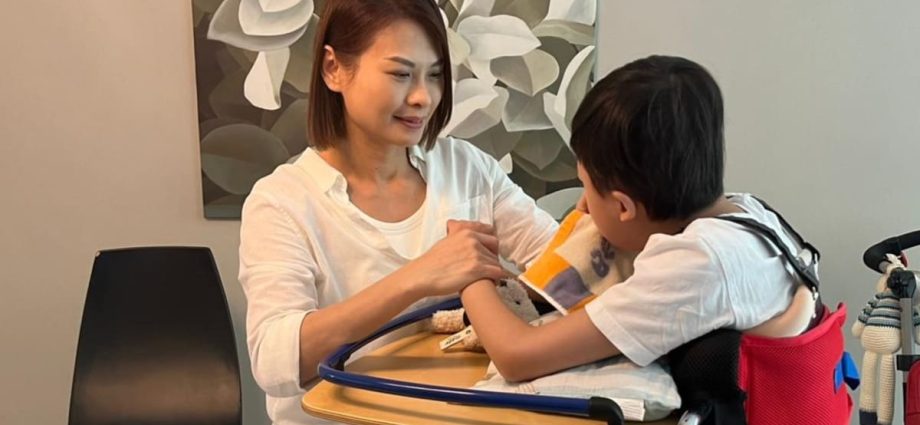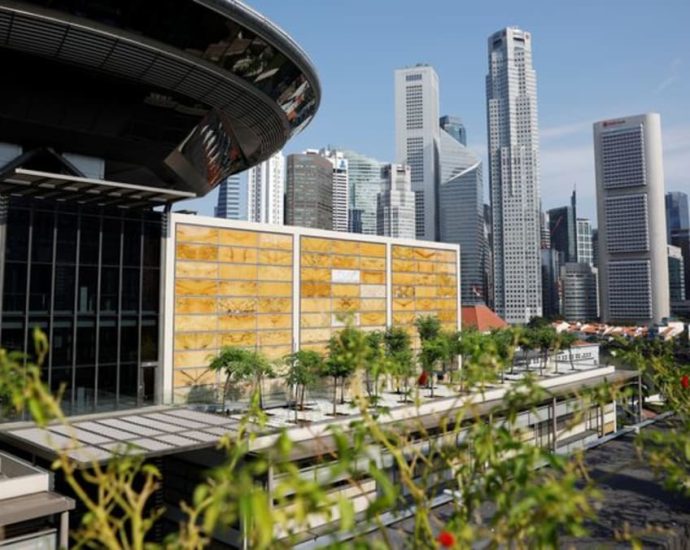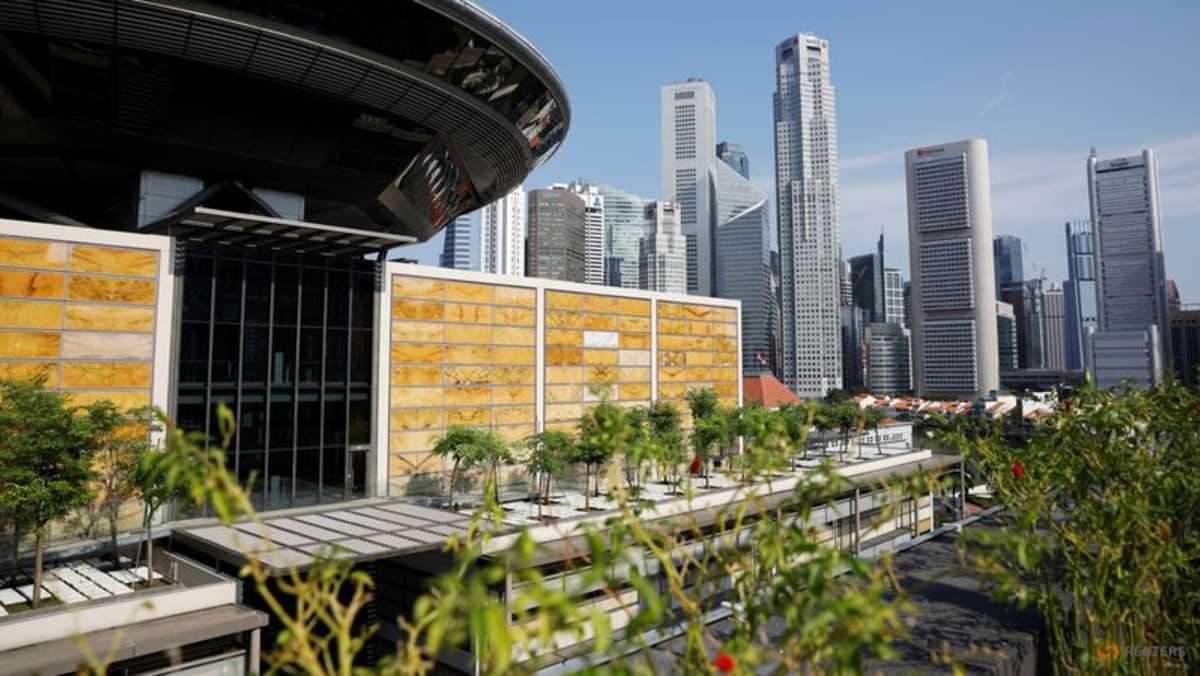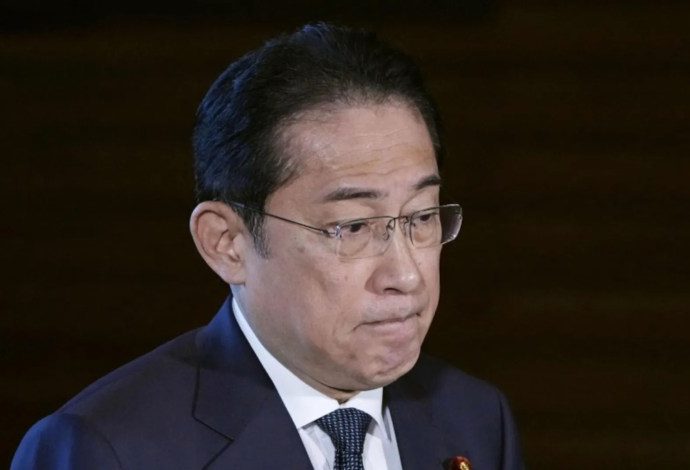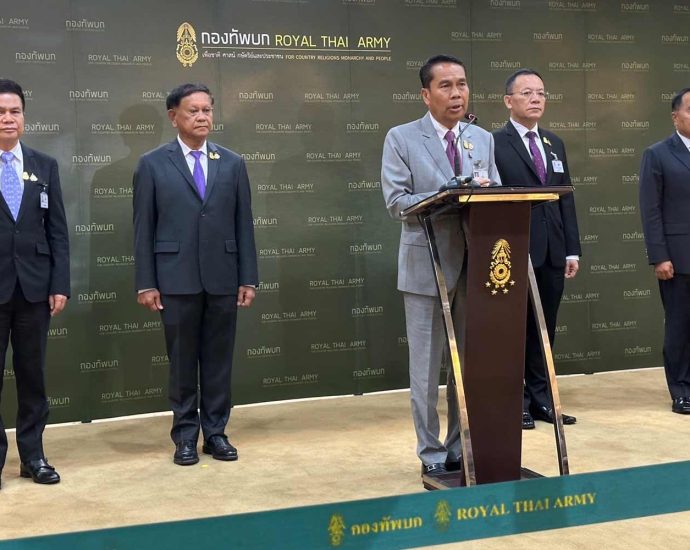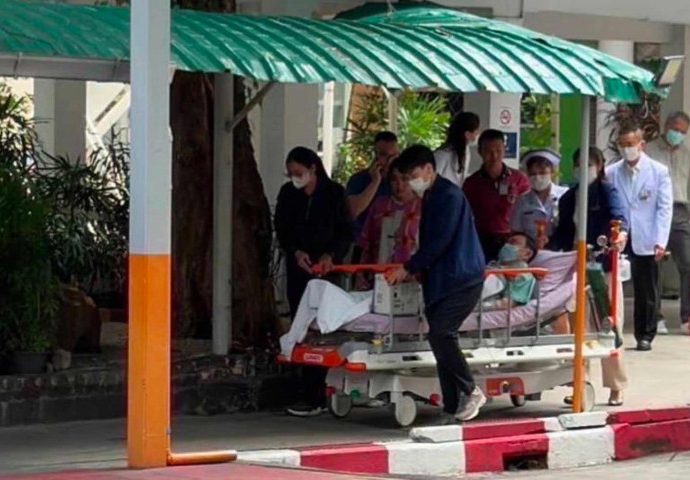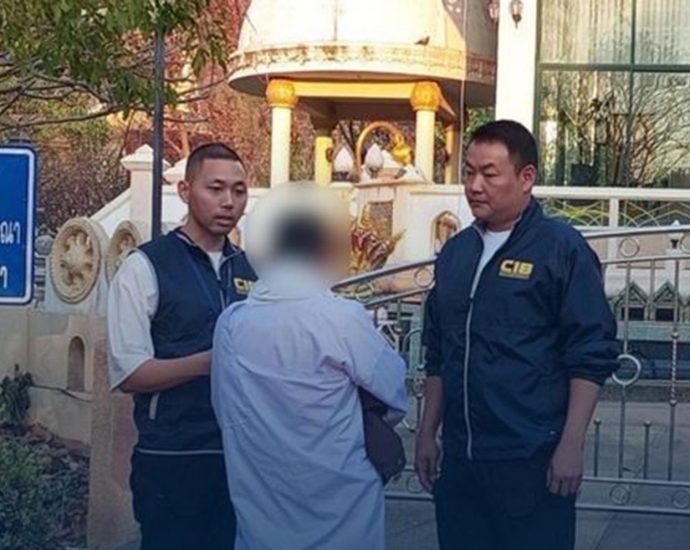Some firms maximise flexible work arrangement options in efforts to attract and retain talent

SINGAPORE: For working mothers, balancing a career and childcare is never easy.
The juggling act has been even harder for Ms Carene Song, as her 11-year-old son has special needs.
But thanks to her company’s policy, which allows employees to work remotely two days each week, she is able to better manage both work and motherhood.
“I’m able to have more quality time with my son because I can have (the) flexibility,” said Ms Song, a vice president at UOB.
“If he needs my attention urgently, I will be able to attend to him. I’m also able to (witness) all his little milestones.”
In addition, staff can take two hours off work every month – unquestioned, which she uses for errands and short medical appointments.
Ms Song said the flexibility helps with her caregiving responsibilities and improves her bond with her son.
“I can really feel his happiness when I’m around, when he can hear my voice and sense my presence,” she said. “I feel that we are bonding more when I (work from home).”
FWAs HELPS RETAIN EMPLOYEES
Ms Song’s employer explained that such work arrangements are crucial for talent retention.
“Life is more than just work, right? This keeps our employees healthier – both mentally and physically, and helps promote a more balanced way of working … and that will help us create a sustainable, long-term workforce,” said UOB’s group human resources head Dean Tong.

